So, you’ve taken on the incredible responsibility and kindness of taking care of a loved one. Now what? One of the first steps in providing the most comprehensive care that allows your loved one dignity and the most independence possible, is to get their health documents and wishes in order. This is not a small task, but this guide will help. These documents will not only help you in aiding your loved one with medical appointments and care planning but will also help you and your loved one if the need for more extensive care, outside of the home, is the best next step.
What are the vital documents needed to help care for an aging loved one?
While there are a variety of documents that are helpful in end-of-life planning, the most important documents needed to aid in the health care of your aging loved one include:
Authorization for Release of Health Information:
Healthcare professionals are required to abide by the Health Insurance Portability and Accountability Act of 1996 (HIPAA) which ensures that personal health information remains private among certain entities. There are exceptions to this rule, and in some cases, family members with appropriate need can qualify, but having these documents in place will decrease chances for delay in information or care.
TIP: Make sure you have an accurate list of your loved one’s doctors and a release of health information on file with each. You can also have a blanket release of health information filled out for new doctors, but other documents (such as Healthcare Power of Attorney) are more important to have for any new doctor situations and medical decisions that may arise.
Blanket form (not accepted everywhere)
State Specific:
Oregon Medical Release Form, Washington Medical Release Form, Idaho Medical Release Form, Montana Medical Release Form, Nevada Medical Release Form, California Medical Release Form
Healthcare Power of Attorney:
A healthcare power of attorney allows you to step in to help with care decisions only when your aging loved one is unable to make decisions for themselves. It’s a crucial role. You are their trusted ally, understanding their wishes, values, and preferences, and ensuring their voice is heard in healthcare choices. This document helps you take the information you received in the first step, and when your aging loved one is unable to, make decisions based on that information.
Are you struggling with how to discuss this documentation with your loved one? Read our post on how to approach setting up power of attorney with an aging loved one.
Insurance Information (Documents & Login Information):
Health Insurance, Long-term Care Insurance, and Life Insurance — Have documentation for all three of these items, if your senior loved one has them, secured for use if needed. Do not only keep the paperwork, but get all necessary payment, login, and contact information available. You never know when you will need it.
Advanced Directives:
We all want to be able to make the major healthcare decisions of our life. However, there may be a time when that is not an option (at any age). An advance directive is like a roadmap for your loved one’s healthcare journey, allowing them to chart their course and decisions even if they cannot navigate it themselves. It is a legal document that spells out their wishes for medical care in case they become unable to communicate. It will guide you through decisions about treatments, interventions, and end-of-life care. With an advance directive in place, your loved one can ensure their values and preferences are respected, providing peace of mind for both them and their caregivers.
While advance directives offer important guidance for future medical decisions, the POLST form is a valuable tool for translating those preferences into actionable medical orders. It is particularly useful for individuals with serious illnesses or advanced frailty who may need immediate medical interventions. It is also helpful for individuals who may be receiving care from at-home caregivers, a senior care facility, or anyone else while the person with Healthcare Power of Attorney may not be there. Together, these documents ensure comprehensive and personalized care for your loved one.
An elder law attorney can help set up an Advanced Directive, however, both the Advance Directive form and POLST form are available on most Government websites.
State Specific Advance Directive Forms:
Oregon Advance Directive Form, Washington Advance Directive Form, Idaho Advance Directive Form, Montana Advance Directive Form, Nevada Advance Directive Form, California Advance Directive Form
Creating a Fortified Vault: Tips for Safe Document Storage
While obtaining the above information is of vital importance, keeping it safe and secure is also a priority. Original copies of physical paperwork should be stored in a fire-proof safe, they are affordable these days, or locking filing cabinet somewhere where the family-caregiver has unfettered access. All digital documents, passwords, and links should be stored in a safe digital location that is backed up and encrypted.
Digital documents should never be stored only on a device (devices can be stolen, damaged, or lost) but also on an online, encrypted back up. There are several online sources that offer security measures including Google Drive, Sync.com, and Microsoft365.

Stay Vigilant: The Importance of Regular Document Review
Wouldn’t you know it? Things change. Whether it be a change of provider, change in wishes, or change in situation… regular updates to documents and a regular review of the documents with your loved one will ensure overall success.
Once a year, check the following documents to make sure that they are up to date and accurate:
- List of providers: Do you have valid Authorizations of Medical Information Forms on file? These can expire.
- Power of Attorney: Is all correct? Do you need any further protections or authorizations? Needs may change and you may need more than the Healthcare Power of Attorney. You may need to set up Guardianship or Financial Power of Attorney to secure the best care for your loved one.
- Insurance: Have there been changes in insurance? Premiums that need paid or updated? Contacts that need updated?
- Advance Directive and POLST forms: If your loved one can make healthcare decisions but just needs help on some care needs, double check to ensure their previous plans are still what they want. Review the forms and update them if necessary.
A Few Proactive Steps Will Protect Privacy and Prioritize Care Needs
Caring for a loved one where able is a wonderful, selfless thing to do. When making that decision, it is important to consider what it might be like to be in the shoes of your loved one. It is not easy asking for help, especially from someone you may have cared for yourself before. Taking the time to get essential healthcare paperwork that allows for privacy and as much autonomy as possible for your loved one will aid them and you in this unknown journey.
There may be a time when you recognize that the care that you can provide is no longer fitting the needs of your loved one. That is not a failure on your part. Your next step is finding the care that your loved one needs to have the best quality of life and the most independence possible.
When exploring care options, the above documents will make your move to additional care a smoother experience. However, if you are at that place now and are realizing that care is necessary and you do not have these documents in place, do not hesitate or delay, call today to explore your options and allow for a skilled and experienced senior care associate to walk you through the process and make sure you and your loved one are taken care of!
Explore Radiant Senior Living communities to find an Independent, Assisted, or Memory Care solution near you.



